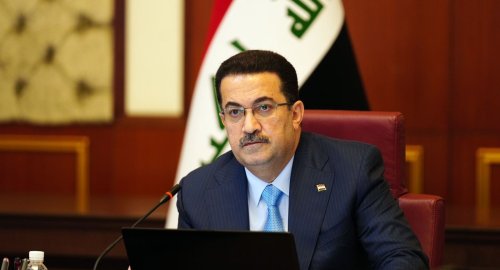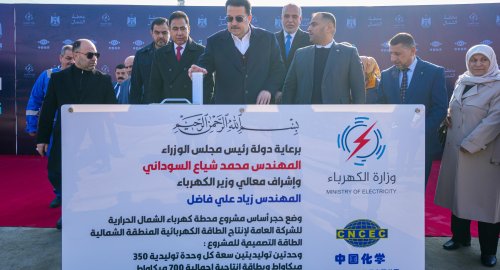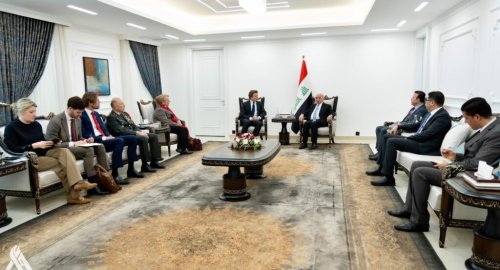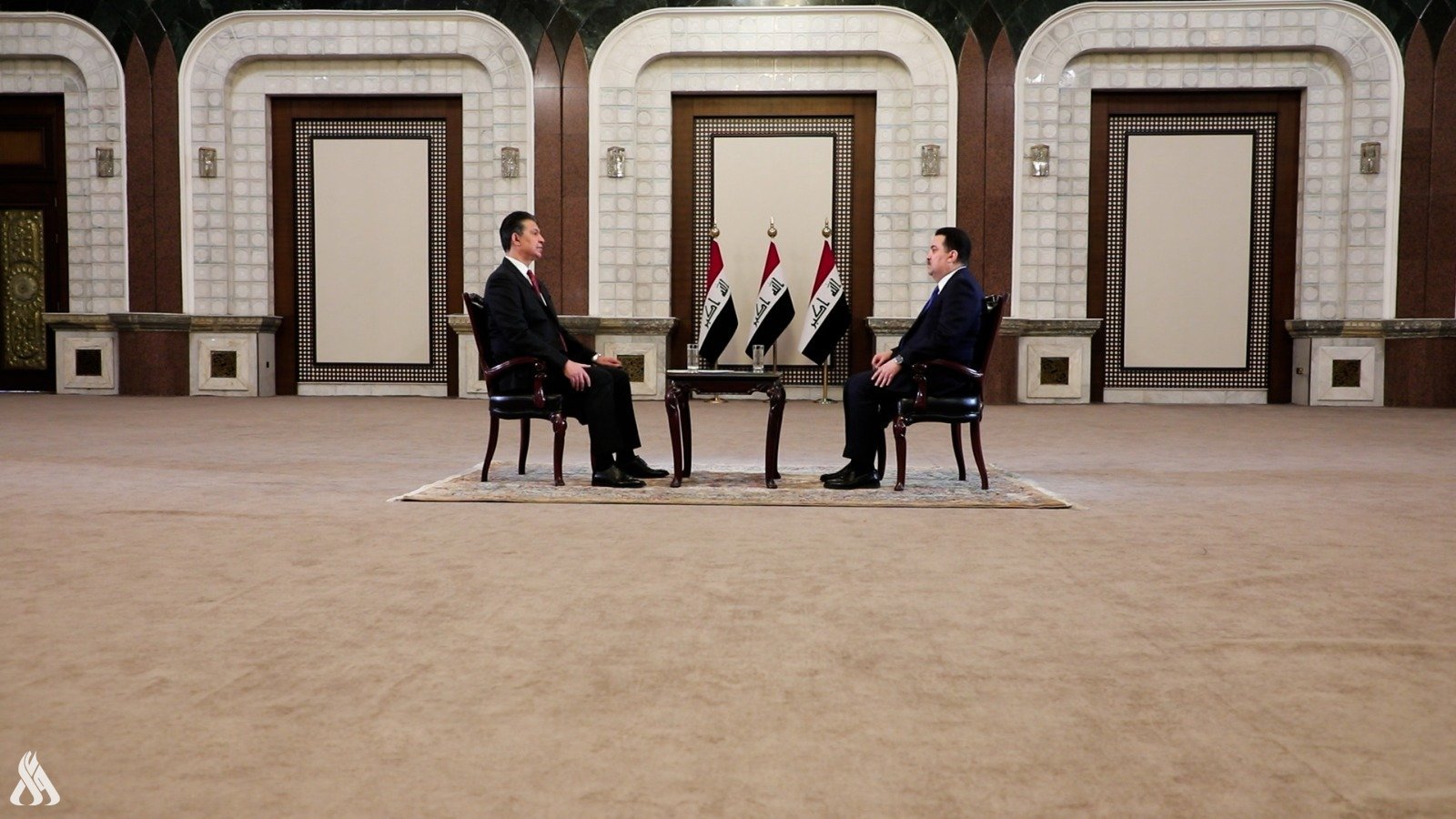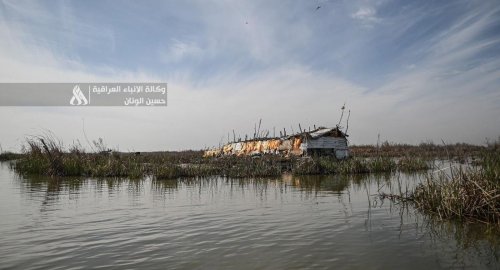
Environment Ministry unveils joint efforts with MOWR to protect biodiversity

Local
- 30-07-2024, 11:56
Baghdad – INA
The Ministry of Environment, in collaboration with the Ministry of Water Resources-MOWR, has announced a comprehensive initiative to preserve biodiversity across Iraq.
Najla Mohsen Al-Waeli, Director General of the Technical Department at the Ministry of Environment, told the Iraqi News Agency (INA) that the ministry closely monitors water, soil, and biodiversity. "There is an intricate relationship between these elements, and a disruption in one can impact the others,”
She highlighted that the ongoing drought and water scarcity have led to significant biodiversity loss, including fish species, buffalo, birds, and other wildlife.
Al-Waeli noted that Iraq serves as a critical route for bird migration, with four major migratory paths passing through the country. The scarcity of water has disrupted these migratory patterns, impacting not only Iraq but also the global ecosystem.
"Many of these routes start from Lake Siberia in Russia, pass through various regions of Iraq, continue to Europe, and then return along the same path," she explained. “The routes have been affected by water shortages, drought, and the decline of threatened species like the softshell turtle”.
“The soft-shell turtle, is a rare species found in Iraq, There are seven turtles in the marshes of the south, which is one of the reasons why Iraq was approved to join the list of World Heritage Areas, but it has been greatly affected by drought, desertification and loss of biodiversity,” she said.
In response, the Ministry of Environment is implementing several measures in collaboration with the Ministry of Water Resources. These include ensuring fair distribution of water resources across all sectors, treating and reusing wastewater, drainage water, oil-associated water, and other wastewaters to create new water sources, and reducing pollution. Efforts are also being made to restore moisture levels in some dried rivers to support biodiversity.
"We are also designating protected areas as important sites for biodiversity, which require comprehensive management plans," Al-Waeli added. "We are developing management plans for 82 important biodiversity sites across Iraq."
Trump: I will stop the chaos in the Middle East and the war in Ukraine
- International
- 10:07
US Central Command: We killed ISIS terrorist leader Abu Yusuf in Syria
- International
- 24/12/20
Liverpool compete with Real Madrid to sign Olympique Lyonnais star
- Security
- 24/12/19
ISC, ADX discuss Strengthening Economic Ties
- Economy
- 24/12/16
Iraq assumes presidency of Arab Investment Company’s Executive Board
- Economy
- 24/12/17




